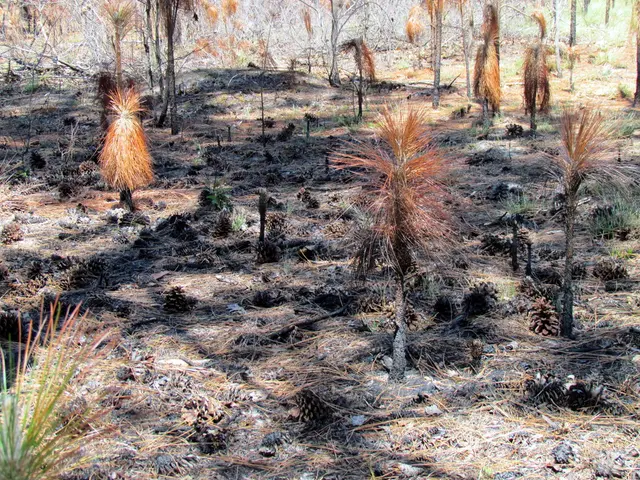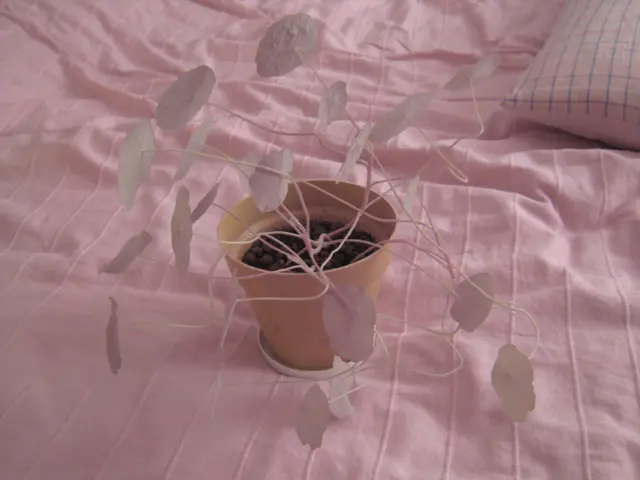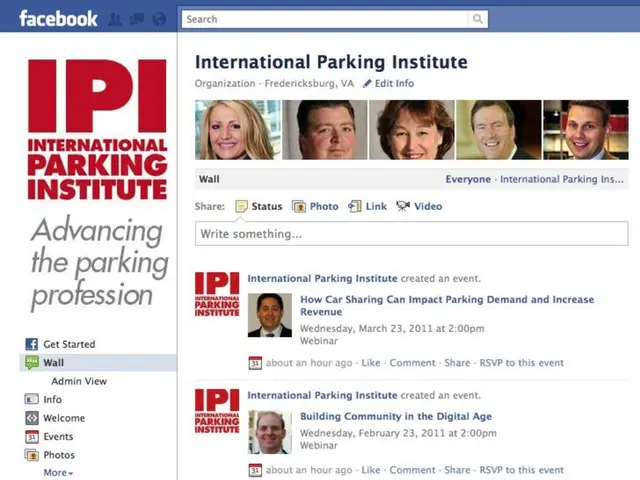Planet suffocation by excessive plastic waste
Let's Talk About World Environment Day
Focusing on the circular economy of plastic is vital for battling plastic pollution on this year's World Environment Day, June 3, with South Korea playing host. The theme? "Clean our Planet, Save our Blue" - a call to action against plastic pollution that's two months shy of a global meeting to forge an agreement to end this crisis.
The United Nations, our global authority, has laid out the grim reality: plastic pollution has permeated every corner of the earth, even reaching our bodies in the form of microplastics. This phenomenon, the UN warns, poses grave threats to ecosystems, our wellbeing, and climate change.
António Guterres, the UN Secretary-General, paints a chilling picture, saying that plastic clogs our rivers, pollutes oceans, and jeopardizes wildlife. What's worse, when broken down into microplastics, these pollutants are literally everywhere - from Mount Everest's summit to the ocean depths, and in our brains and breast milk.
However, António Guterres maintains an optimistic tone, citing the "growing involvement" of people, increased reuse, and policies to diminish single-use plastics. He also points to the upcoming global conference (August, Switzerland) where nations will draft a new treaty to conquer plastic pollution.
A circular economy approach, he says, should be at the heart of this proposed treaty. That's exactly what Patrícia Carvalho, coordinator of the Portuguese Pact for Plastics, advocates for. According to her, the fight isn't against plastic, but against its misuse. "Circularity" is the goal, she emphasizes, while reminding us that a recent European legislation enforces recycling targets.
Despite challenges, Patrícia Carvalho expresses optimism. People are more informed and vigilant, she notes, and the phase of demonizing plastic is giving way to the understanding that action is necessary. However, more needs to be done, particularly in recycling, an area where targets aren't being met.
Retailers, too, are making strides, albeit slowly. From eliminating dark packaging to boosting label quality, they're making changes, albeit there's still room for improvement.
In short, Patrícia Carvalho concludes, we're on a path that will make a world of difference. Awareness is growing, companies and brands are seeking solutions, and a lot has been accomplished. The Portuguese Pact for Plastics, combining 119 entities, is just one example of a unified force intent on revamping the future of our planet.
The UN drives home the point: change depends on all of us. The future? Our plastic consumption is projected to balloon to a staggering 1.2 million tons by 2060. So, let's act today to ensure a cleaner, healthier environment for tomorrow. As the UN puts it, "Change happens through all of us."
- Environmental science plays a crucial role in understanding the impact of plastic pollution on our ecosystems, human health, and climate change.
- Embracing sustainable living and home-and-garden practices, such as reducing single-use plastics and recycling, can contribute to a circular economy approach and the fight against climate-change caused by plastic pollution.
- The upcoming global conference on plastic pollution in August, Switzerland, provides an opportunity for nations to discuss and draft a new treaty, promoting environmental-science-based solutions and the advancement of sustainable living for a cleaner planet.







